Each semester students and faculty struggle with waitlists, add codes and full courses as they try to work out their schedules before the first day of classes.
With the new changes proposed to the Academic Senate at its previous meeting, City College may see an improvement to the enrollment system in the near future.
Representative and Professor Tara Carter presented a new “universal automated waitlist” system designed to make enrollment easier, fairer and more organized than current methods.
“Waitlists historically have been haphazard to put it nicely,” said Carter, who predicts the new system could be here as early as Summer 2021.
Currently, students are placed on waitlists in the order they sign up. Under the proposed setup, waitlists would be able to hold up to 15% of the specific class size, instead of being capped at five students.
The next-in-line student automatically joins the class and receives a notification when someone drops, giving them three days to pay their fees.
“What we are proposing is to try and make the enrollment process overall a little more consistent,” Carter said.
The plan came from an enrollment committee, which first brought it to the senate last March. It had little support, but was brought back with revisions.
There were still questions about what the new system might not address.
“A lot of the confusion and difficulty for the student comes in once the semester has started,” said representative Jennifer Baxton.
To give out add codes, she said, some teachers respond to their favorite email or use a “lottery” system which can seem unfair to students.
The proposed waitlist system will be shared with various subcommittees and return with possible revisions. It is currently supported by the Advancing Leadership Association, Associated Student Government and the Student Support Leadership Advisory Council.
In light of previous national events and campus climate discussions, the senate is looking to evaluate their hiring practices through a race-conscious lens.
“I really, really, strongly hope that we can include more equity in our hiring practices,” said Academic Vice President Robbie Fischer. “And I also want to get the conversation started.”
Although most agreed with the discussion, some recognized deeper issues beyond needing to hire more diverse employees.
“I just want to make sure that we are not focusing on trying to pin solutions on the hired folks,” said representative Ana Garcia, “but making sure that we are addressing what is creating those circumstances.”
No action was taken, but the Academic Senate will resume discussions during its next meeting.


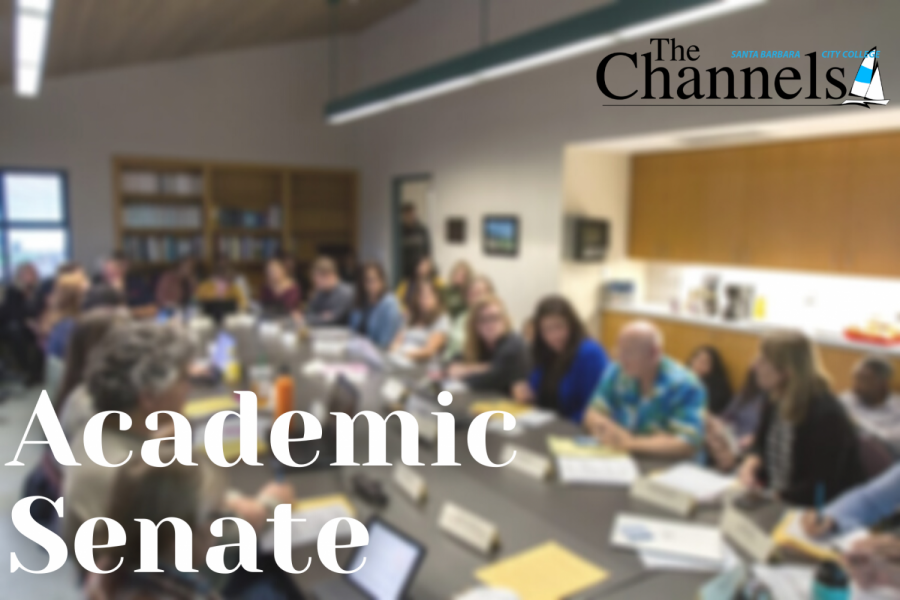


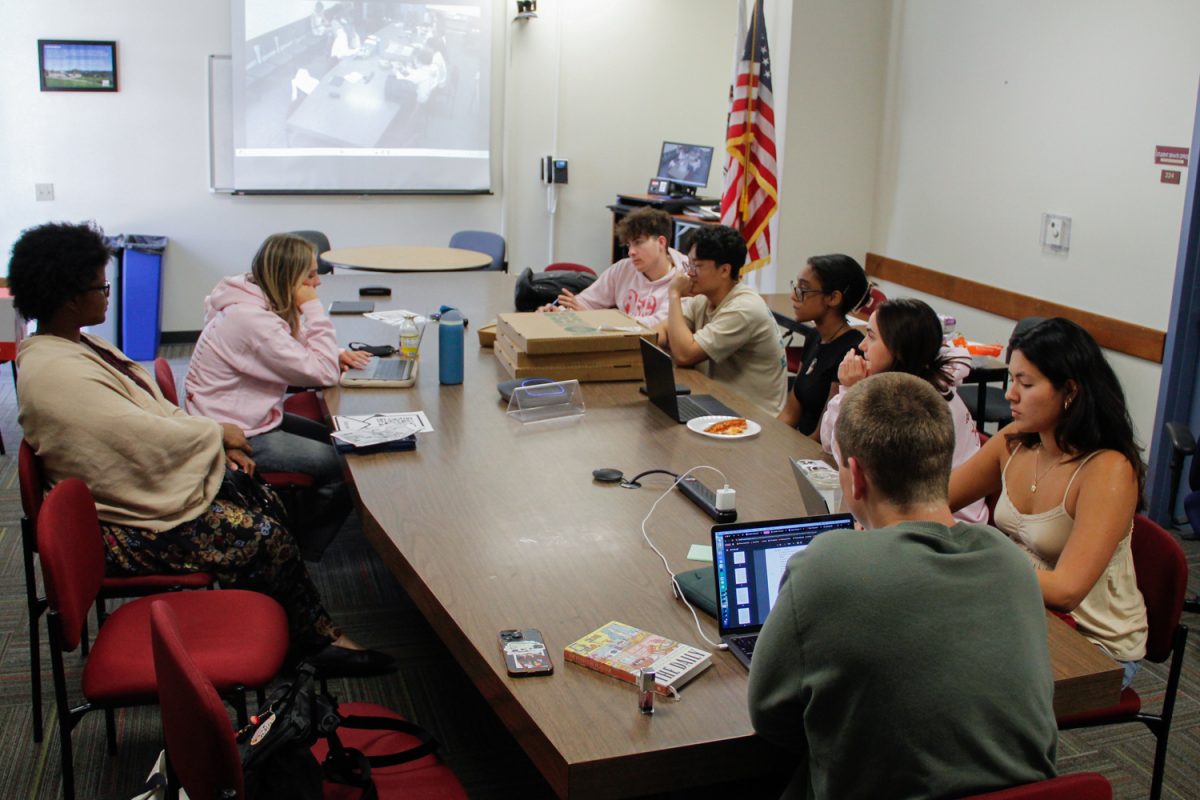

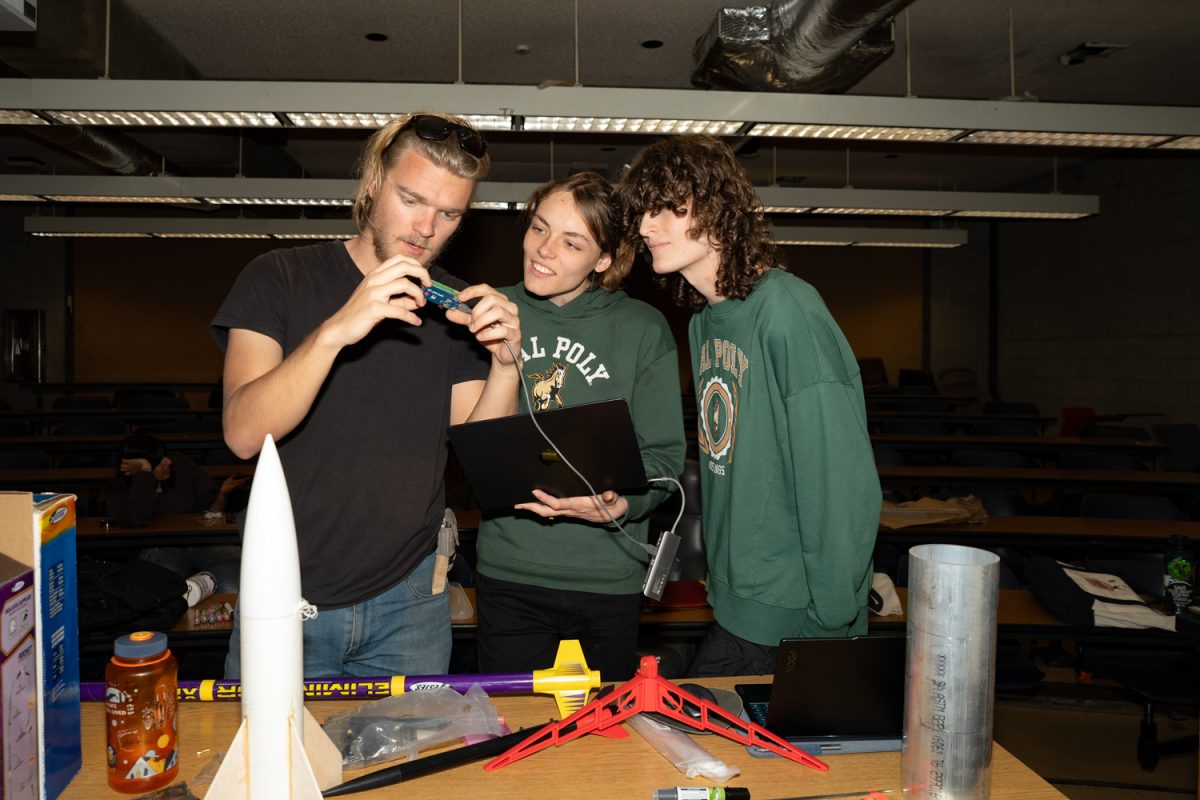
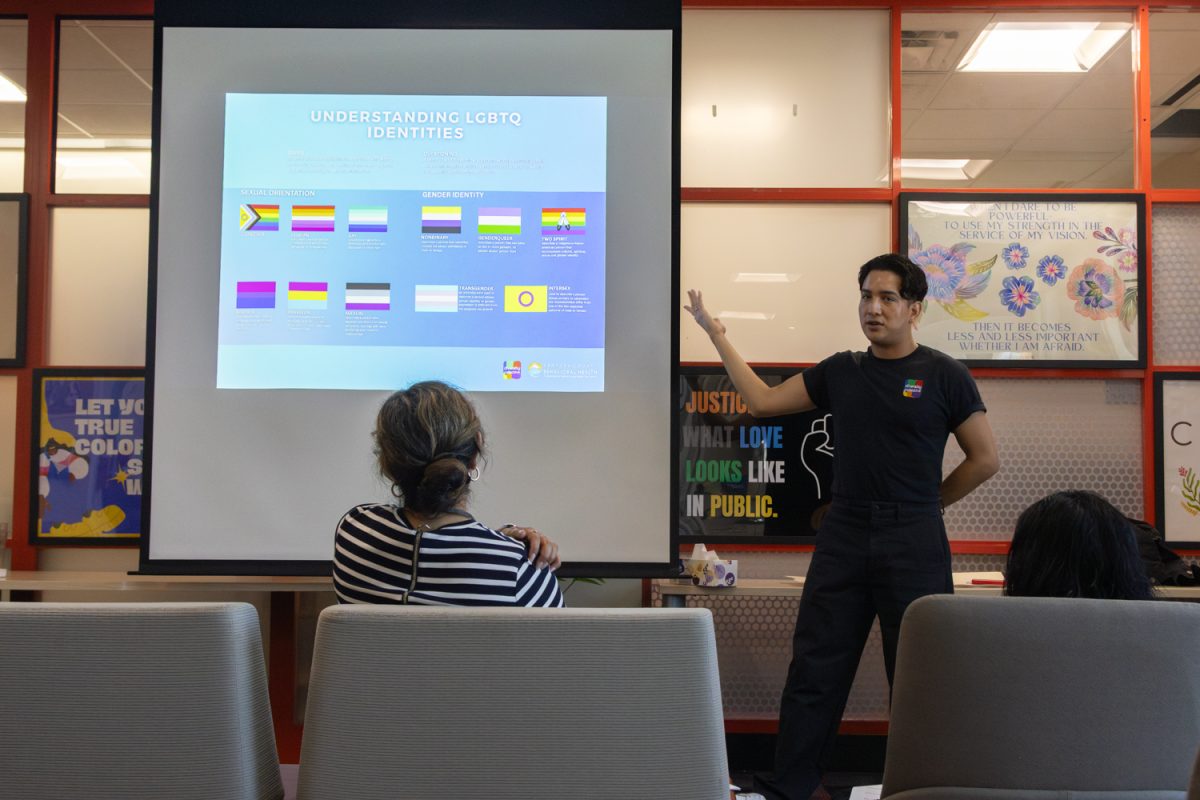
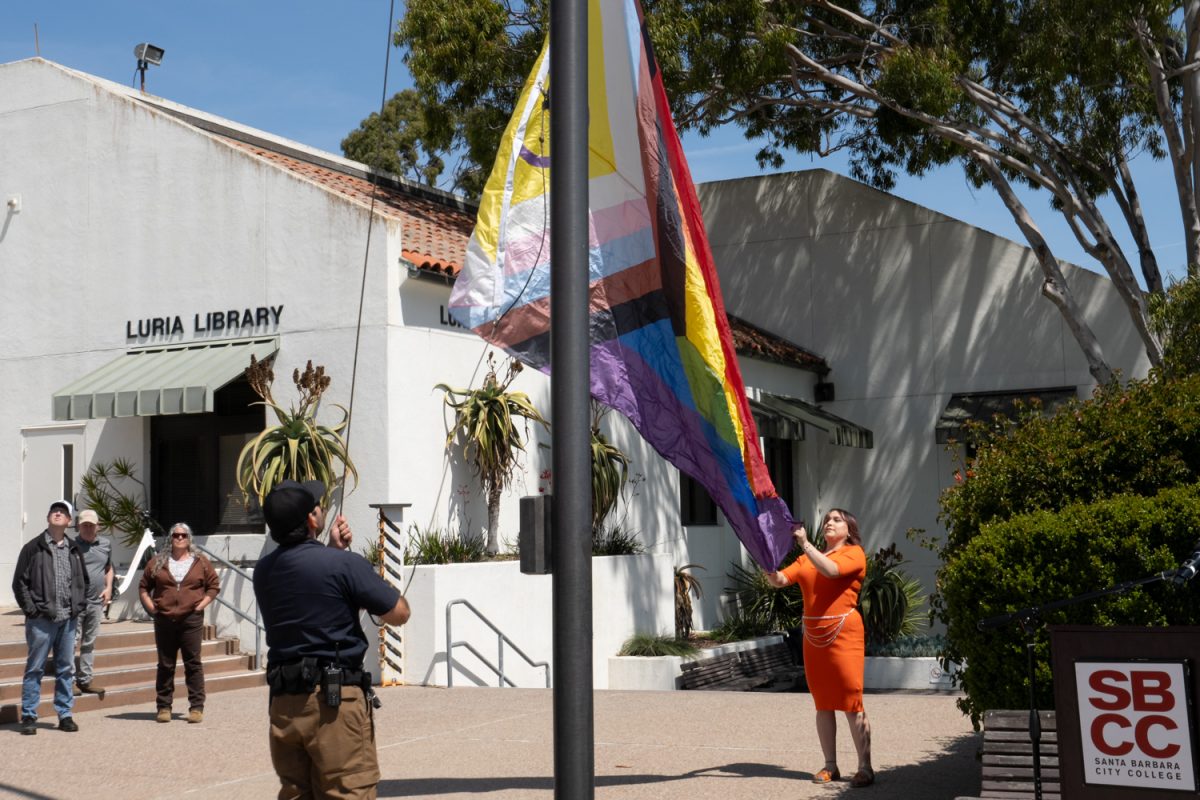
![Ken Watts uses the cable chest press machine on April 9 in Santa Barbara, Calif. "[What] people value the most in personal training is accountability," Watts said.](https://www.thechannels.org/wp-content/uploads/2025/04/MGSWatts-3-1200x800.jpg)

![Malia Hubbard admires the ceramic pieces created by students in Art 150, "Fundamentals of Ceramics" on April 10 in Santa Barbara, Calif. "I think [the gallery] is absolutely fabulous," Hubbard said. "Being able to see students work [is] so amazing."](https://www.thechannels.org/wp-content/uploads/2025/04/MGSStudentShow-1-1200x800.jpg)


